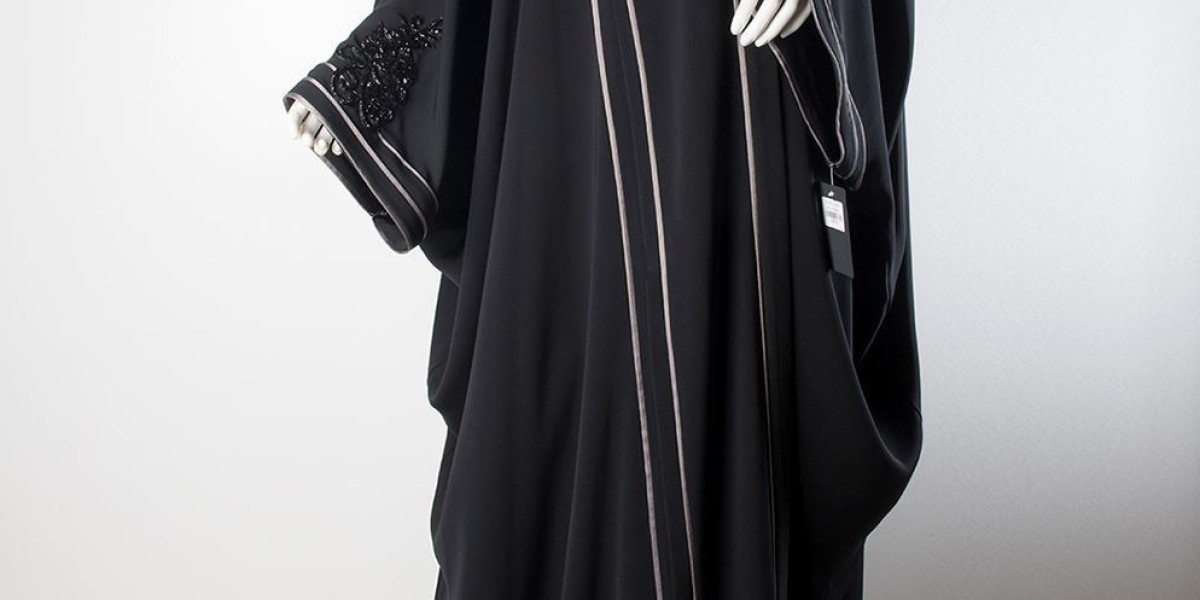Sexually transmitted diseases (STDs) can often go unnoticed, particularly when symptoms are subtle or easily mistaken for other conditions. In Riyadh, awareness of these lesser-known signs is crucial for early detection and effective treatment.
Understanding Sexually Transmitted Diseases
Sexually transmitted diseases in Riyadh are infections spread primarily through sexual contact. They can have a range of symptoms, from obvious to barely noticeable. Early detection is vital for effective management and reducing the spread of STDs.
The Importance of Awareness
Awareness about STDs helps in identifying and addressing these conditions before they escalate. Many people are unaware of the subtle signs, which can lead to complications if not treated promptly.
Commonly Overlooked Signs of STDs
Unusual Discharge
One of the most subtle signs of Sexually Transmitted Disease in Riyadh is unusual discharge from the genital area. This can vary in color, consistency, and odor. While many people might not immediately associate this symptom with an STD, it’s essential to seek medical advice if you notice any changes.
Mild Abdominal Pain
Mild abdominal pain can be easily dismissed as a minor issue, but it can sometimes indicate an STD. This type of pain might be due to pelvic inflammatory disease (PID), which is a complication of untreated STDs. In Riyadh, where many individuals might not associate abdominal discomfort with an STD, awareness is crucial.
Painful Urination
Pain or a burning sensation during urination is another sign that can be overlooked. This symptom is often mistaken for a urinary tract infection, but it can also be indicative of an STD. Monitoring this symptom and getting tested if it persists is important for identifying Sexually Transmitted Disease in Riyadh.
Itching or Irritation
Itching or irritation in the genital area can be a sign of various conditions, including STDs. Many people might attribute this discomfort to other causes, such as allergies or hygiene products, but it’s important to consider the possibility of an STD, especially if it persists or worsens.
Unexplained Sores or Bumps
Sores or bumps in the genital area can be early signs of an STD, such as herpes or syphilis. These can be mistaken for other skin conditions or minor injuries, but persistent or recurrent sores should prompt an STD test to rule out or confirm Sexually Transmitted Disease in Riyadh.
Unusual Bleeding
For individuals with vaginas, unusual bleeding between periods or after intercourse can be a sign of an STD. This symptom might be mistaken for irregular menstrual cycles, but it’s crucial to consider it as a potential indicator of an STD, especially if accompanied by other symptoms.
Persistent Fatigue
While fatigue is a common issue that can result from various causes, persistent tiredness that doesn’t improve with rest can be linked to chronic STD infections. In Riyadh, individuals experiencing ongoing fatigue should consider getting tested for Sexually Transmitted Disease in Riyadh if other symptoms are present.
Changes in Menstrual Cycle
Women experiencing significant changes in their menstrual cycle, such as irregular periods or heavy bleeding, should be aware that STDs can sometimes cause these changes. This can be due to infections like chlamydia or gonorrhea affecting the reproductive system.
Discomfort During Intercourse
Pain or discomfort during intercourse is a common symptom that can be associated with several STDs. Many people may attribute this to other factors, such as lack of lubrication or emotional stress, but persistent discomfort should be evaluated for potential Sexually Transmitted Disease in Riyadh.
Swollen Lymph Nodes
Swollen lymph nodes in the groin area can be a sign of an STD. This symptom might be mistaken for a common cold or other minor illness, but if it persists or is accompanied by other signs, it’s important to consider an STD test.
When to Seek Medical Advice
Recognizing the Need for Testing
If you experience any of the symptoms mentioned above, it's essential to seek medical advice. Early testing and diagnosis can prevent complications and reduce the risk of spreading the infection to others.
Regular Screening
For sexually active individuals, regular screening for STDs is recommended, even if no symptoms are present. This is especially important in areas like Riyadh, where STD awareness and education are crucial for public health.
Confidential Testing Services
Many facilities in Riyadh offer confidential testing services. If you have concerns about privacy or stigma, these services can provide support and guidance while maintaining confidentiality.
Prevention Strategies
Safe Sexual Practices
Using protection during sexual activities and reducing the number of sexual partners can significantly lower the risk of contracting STDs. Education about safe sexual practices is essential for reducing the incidence of Sexually Transmitted Disease in Riyadh.
Vaccinations
Vaccinations are available for certain Sexually Transmitted Diseases in Riyadh Saudi Arabia, such as human papillomavirus (HPV) and hepatitis B. Getting vaccinated can provide additional protection against these infections.
Open Communication
Discussing sexual health openly with partners can help in understanding and managing risks. Open communication about STD status and testing can reduce the spread of infections and promote healthier sexual practices.
Conclusion
Recognizing the commonly overlooked signs of Sexually Transmitted Disease in Riyadh is crucial for early detection and effective treatment. By being aware of these subtle symptoms and seeking medical advice when needed, individuals can take proactive steps to protect their health and well-being. Regular screening, safe sexual practices, and open communication play vital roles in managing and preventing STDs, contributing to a healthier community in Riyadh.









